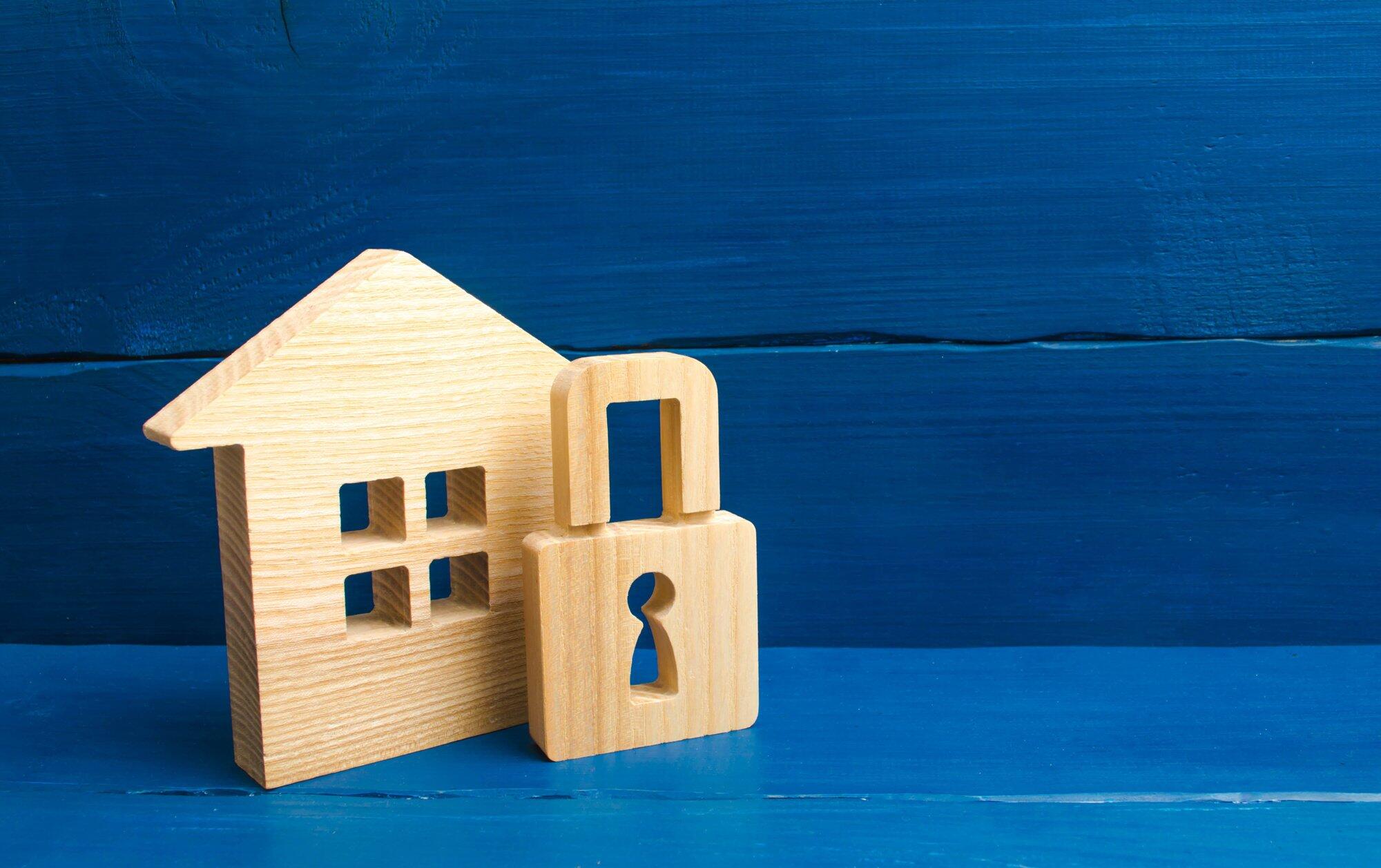Security deposits might seem like a tick in the box when securing a tenant. But imagine this: Your tenant leaves with unpaid rent and thousands of dollars worth of property damage and cleaning bills. Did you set the correct amount?
Don't let deposits leave you feeling nervous about your most important investment. Read on to discover the facts about security deposits in Orlando and what they mean for you.
Security Deposits Have Legal Implications
As a landlord, you cannot set any rules you want for deposits. There is a legal framework to follow, which means you must familiarize yourself with state law. If you don't, you could face legal action from your tenant.
For example, in Florida, you must return deposits to tenants within 15 days after the lease is up. You can only deduct money for specific items, like unpaid rent and property damage.
However, there is no limit to the amount you can set for your deposit.
You'll Need to Outline Reasons for Withholding a Deposit
The law on security deposits is there to protect you and your tenants. That means you should always outline why you withhold part of a deposit.
You should itemize deductions and provide evidence where necessary.
It's important to schedule regular inspections on the property to note any issues like damage. Always keep a record of payments, too, so you have proof of non-payment if that's your reason for withholding a deposit.
You'll Need to Monitor Interest
When you take a security deposit, you keep it in an account for the duration of the tenancy. However, depending on the type, that account may attract interest. If you earn interest in it, the tenant may be entitled to those earnings.
That is outlined in state law, which means you'll need to consult with Florida's rules. Currently, the tenant receives 75% of any interest earned on that deposit in Florida.
You Have Limited Time to Check for Deposit Deductions
As a landlord, you must follow a timeline for returning security deposits. You should note the date a lease ends and the date you return the deposit to the tenant.
That means you'll need to be organized about checking the property for damage and reviewing any other breaches that could lead to withholding a deposit.
If you don't do those checks within the timeframe, you must return the money owed and forfeit any deductions.
Tenants Can Dispute Deductions
You must outline in the lease the amount you take for a security deposit and the rules about deductions.
You should also provide evidence of why you are deducting money from a deposit. Otherwise, a tenant can dispute it via a small claims court.
Security Deposits: Protecting Your Investment
Never forget the role that security deposits play in real estate. They protect your rental income and your most important investment: your property.
Don't be afraid to take a firm approach, but check the legal rules first.
RightHouse Realty Property Management can manage tenants on your behalf, eliminating the stress and complexity of overseeing your Orlando rental property. Visit our services page to read more about how we can help you.


